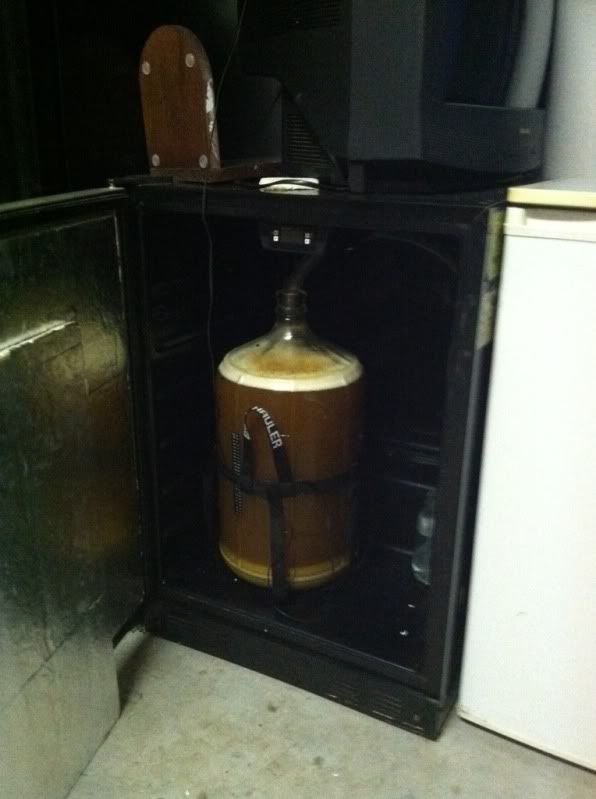I do most of the time, unless my timing is off and I have a batch ready for bottling and one still in fermentation, since my ferm fridge holds two buckets.
For all who have said they don't because they bottle condition, cold crashing has no effect on bottle conditioning. My batches that get cold crashed don't carb any slower than the batches that don't.
For all who have said they don't because they bottle condition, cold crashing has no effect on bottle conditioning. My batches that get cold crashed don't carb any slower than the batches that don't.




















































![Craft A Brew - Safale BE-256 Yeast - Fermentis - Belgian Ale Dry Yeast - For Belgian & Strong Ales - Ingredients for Home Brewing - Beer Making Supplies - [3 Pack]](https://m.media-amazon.com/images/I/51bcKEwQmWL._SL500_.jpg)







